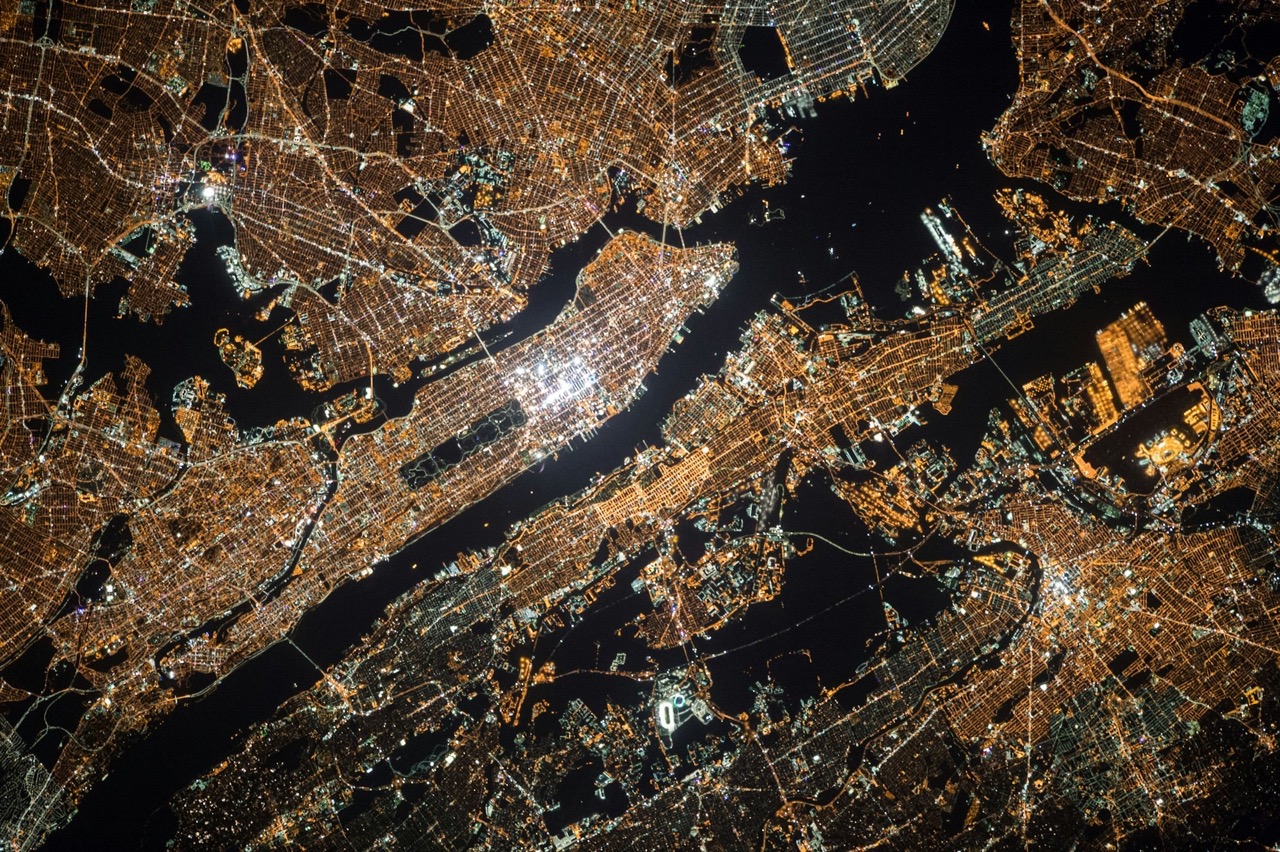Space economy and space ecology - 21 Jan 2025
Our planet is surrounded by satellites that do extraordinary work in studying climate change, saving lives and mitigating the consequences of natural disasters, providing global communication and navigation services, and helping us answer important scientific questions. Certainly, rapid technological developments have been accompanied by innovative applications that benefit society. However, the explosive growth in the number of objects in orbit poses global risks that cannot be ignored. Indeed, negative impacts are already emerging. They range from light pollution, danger of collisions, deposition of toxic gases in our atmosphere to the risk of accidents caused by free-falling debris.
During the seminar, Professor Patrizia Caraveo discussed the benefits of satellites in advancing science and society, alongside the growing risks of light pollution, collisions, toxic emissions, and debris from the rapid expansion of orbital objects.
About Patrizia Caraveo
Professor Patrizia Caraveo is an astrophysicist and Director of Research at the Istituto di Astrofisica Spaziale e Fisica Cosmica (IASF at the Italian National Institute for Astrophysics). Her research played a key role in the discovery and understanding of Geminga, a neutron star in the constellation Gemini, through multiwavelength astronomy. She has also worked on several international space missions, including Cos-B, INTEGRAL and NASA Swift. Caraveo graduated with a degree in physics from the University of Milan in 1977. Her first decade of research, conducted at IASFC, was devoted largely to analysing and interpreting data collected from the gamma astronomy satellite COS-B, as well as X-ray astronomy. Caraveo is currently Director of Research at IASFC, a position she has held since 2002. She is adjunct astronomy professor at the University of Pavia and has worked on several international space missions dedicated to particle physics, including the European INTEGRAL mission, the NASA Swift mission, the Italian AGILE mission and the NASA Fermi mission.
related events
Research seminar | What are we waiting for? How gendered temporal experiences maintain the gender leadership gap - 28 Jan 2026
On-site at the Stockholm School of Economics. Registration required. at 12:00
Research seminar | Leveraging paradoxes of resilient innovation - 4 Mar 2026
On-site at the Stockholm School of Economics. Registration required at 12:00
Launch of the Center for Migration and Integration Research
Aula, Stockholm School of Economics, Sveavägen 65 at 16:00
